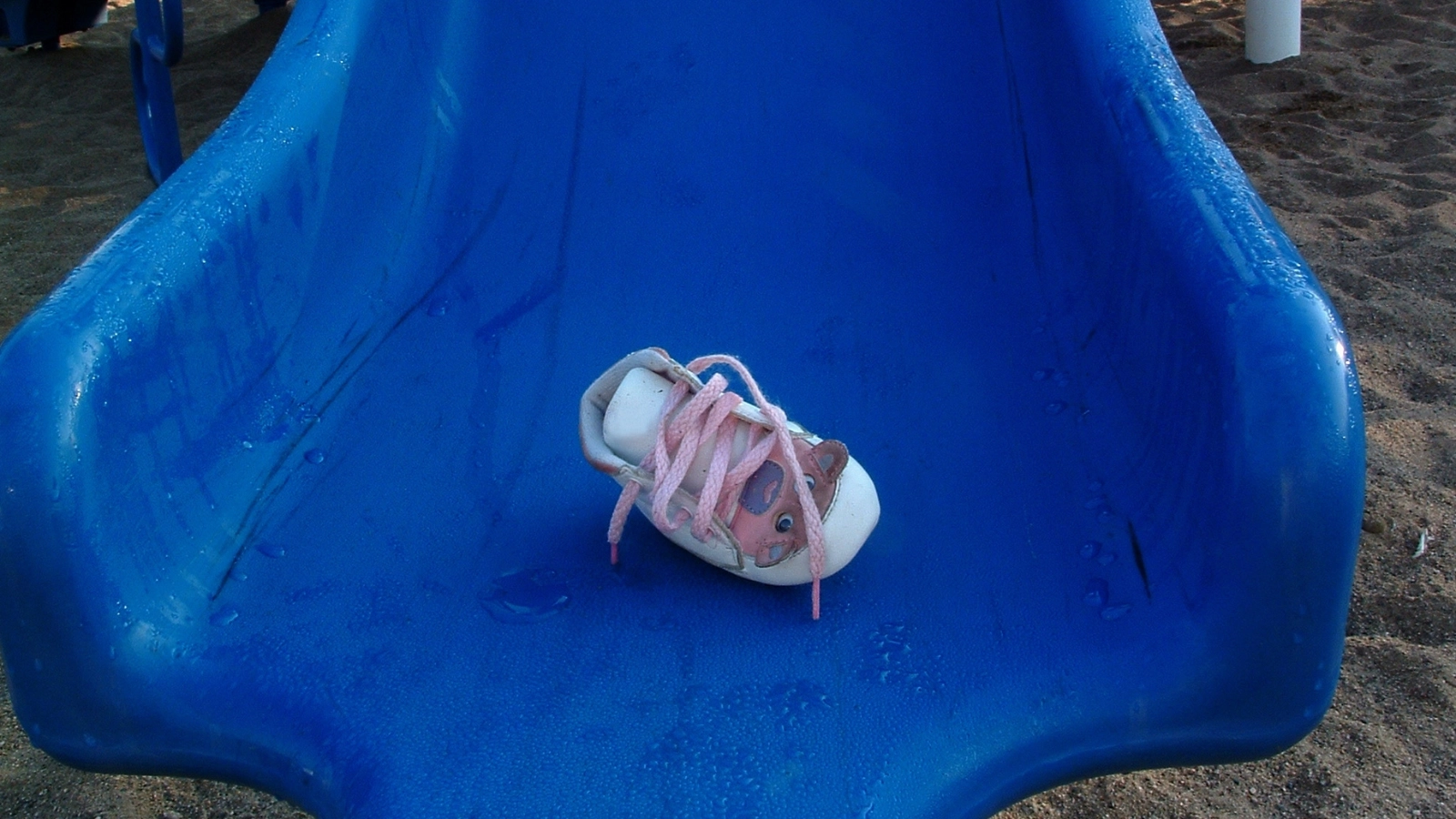Are these money mistakes keeping you trapped in debt? Here’s how to spot the common pitfalls and take control of your finances today!
🌐 #News #Lifestyle #PersonalFinance #Debt
ST. PAUL, MN
– It can feel like no matter how hard you work, debt just won’t budge. Many people experience this struggle—often because of common financial mistakes that keep their bank accounts in the red. The good news? These mistakes are avoidable. Let’s look at the top seven money missteps people make that keep them in debt and see how you can steer clear of each one.
1. Not Having a Budget
One of the most common money mistakes is not creating a budget. Without a budget, it’s easy to overspend, and you won’t clearly see where your money is going. Even if it seems intimidating, a budget is simply a tool to help you manage your income and expenses. By tracking these, you can avoid unnecessary spending, prioritize your financial goals, and start moving in the right direction.
Solution:
Start small. A simple budget can track just your main expenses, like rent, food, and transportation. Apps can also make budgeting easier by automating this process, giving you a clearer picture of your finances.
2. Ignoring Credit Card Debt
High-interest credit card debt is one of the hardest debts to get rid of, especially if it’s ignored. Credit cards often have steep interest rates, making balances grow quickly when left unpaid. Ignoring this debt keeps you in a cycle of high payments and interest costs.
Solution:
Start making regular payments on your credit card debt, even if it means just a little extra each month. Prioritize paying off cards with the highest interest rates first, or try the “snowball” method, where you tackle smaller balances first for a quick win before moving on to larger ones.
3. Not Building an Emergency Fund
Unexpected expenses happen, whether it’s a car repair, medical bill, or sudden job loss. Without an emergency fund, people often turn to credit cards, leading to more debt. Having a financial safety net gives you breathing room when life throws a curveball.
Solution:
Don’t worry if you can’t save a lot at first. Start with a small goal, like setting aside $500 or $1,000. Add a bit each month, and over time, you’ll build a cushion that protects you from falling back into debt.
4. Overspending on Non-Essentials
It’s easy to justify small purchases—a coffee here, an online purchase there—but these small costs add up over time. Often, overspending happens when we don’t pay attention to non-essential spending, which can leave us without enough money for essentials and debt payments.
Solution:
Practice conscious spending. Before each purchase, ask if it truly adds value to your life or if it’s just a habit. Small changes, like brewing your coffee at home or skipping that extra online splurge, can make a big difference over time.
5. Only Paying the Minimum on Debts
Paying only the minimum on your debt is another mistake that can drag down your finances. Minimum payments may keep creditors happy, but they won’t make a dent in the actual balance. In fact, paying the minimum keeps debt around for years, allowing interest to build up and extend your financial stress.
Solution:
If you can, pay more than the minimum each month. Even rounding up a bit—say, from $25 to $30—can help reduce interest and shorten the repayment timeline. Any extra you can manage makes a difference in the long run.
6. Not Taking Advantage of Free Financial Resources
Money resources, like budgeting tools and financial counseling, can help you find ways to improve your finances, often at little to no cost. However, many people overlook these resources and miss out on valuable help that could reduce debt and improve budgeting skills.
Solution:
Many communities offer free financial counseling, and there are plenty of budgeting apps available that can give you guidance on saving, investing, and spending. Even your local library has financial books that provide helpful advice without adding a penny to your expenses.
7. Avoiding Financial Planning for the Future
It’s easy to get caught up in day-to-day expenses and avoid thinking about long-term goals. But without a financial plan, it’s difficult to work toward a stable future, and unexpected expenses or retirement can become even more stressful.
Solution:
Set small, manageable financial goals. This might mean setting up a retirement fund, saving for a home, or even working on a down payment for a car. Planning doesn’t have to be grand or intimidating—taking small steps toward a financial goal can give you peace of mind and keep you out of debt.
Financial Freedom is Possible!
Debt can feel overwhelming, but avoiding these seven common mistakes can set you on a better path. A few small changes—like sticking to a budget, paying down credit cards, or saving a little for emergencies—can make a huge difference. Start with one or two mistakes today, and with time and consistency, you’ll find yourself moving away from debt and toward financial freedom.
RELATED TOPICS:
Personal Finance
We value your feedback!
Did you find this article informative, inspiring, or thought-provoking? Leave a comment below and join the discussion. We appreciate your opinion and look forward to hearing from you!
SHARE This Article With Family And Friends…
Share this:
Read Next
Note: Thank you for visiting our website! We strive to keep you informed with the latest updates based on expected timelines, although please note that we are not affiliated with any official bodies. Our team is committed to ensuring accuracy and transparency in our reporting, verifying all information before publication. We aim to bring you reliable news, and if you have any questions or concerns about our content, feel free to reach out to us via email. We appreciate your trust and support!



